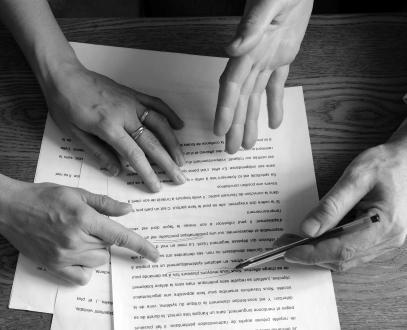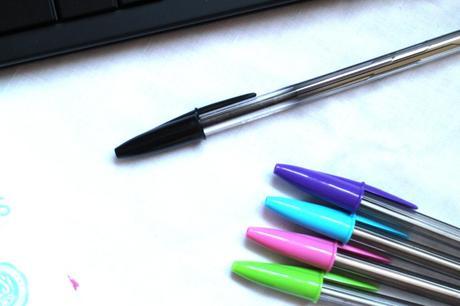Proof-reading is so, so important. Whether it’s your CV, a job application or an essay it can make or break your sucess. I’ve put together some tips on how to proof-read more efficiently – they’ve definitely helped me!
When you have a deadline looming, proofreading is often the very last thing you do before you print and submit your essay. When there isn’t much time, a quick scan of your academic essay is often all you can manage before it’s time to hand your work in. Yet proofreading is an absolutely crucial task every student should take care over. It should never be a “rush job”.

Why It Matters
You’d be surprised by just how many marks you can gain just by undertaking careful proofreading. Grammatical errors, spelling mistakes, arguments which tail off mid-sentence – when you’re concentrating on writing and feeling stressed, it’s easy to overlook big mistakes which make your essay look unprofessional and rushed.
Taking a couple of hours to proofread your work carefully will make sure you don’t lose marks for silly reasons, ensuring markers see the hard work and interesting thoughts you’ve put into your essay – not the stupid mistakes and typos you’ve made.
Proofreading will also prove to your markers that you have scheduled your essay writing well, given due thought to your work and upheld high academic standards. This good first impression will put markers in a positive frame of mind when reading your work, which often means you will receive a higher grade.
Now you know why proofreading is so important, it’s time to find out how to do it properly. If the tips below whet your appetite and you’d like to find out how to write even better essays at university then check out the latest articles on the Oxbridge Essays G+ page, they’re proofreading and essay writing specialists, offering tonnes of free “how tos”, advice and essay guidance online.
Give It Time
Never proofread your work immediately after completing it. When you’re familiar with the sentences you’ve been writing, it’s very difficult to spot the mistakes you’ve made. Instead of seeing mistakes, writers tend to read what they THINK they’ve written. Leave your work for a day before you go back to proof it to avoid this problem.
Don’t Trust Spellchecker
While little wiggly red lines indicate mistakes, don’t rely on them. You need to read your work carefully yourself as there are lots of spelling errors you can make that spellcheckers don’t pick up. For instance, “to” and “too” are not interchangeable, but neither will register as spelling mistakes if used in the wrong place in your writing. Don’t depend on spellchecking software to find the mistakes, you need to scrutinise your writing carefully yourself. Here are some common mistakes which spellchecker rarely picks up.
Look for One Issue at a Time
A good way to do this is to concentrate on just one issue at a time. It’s not easy to focus on multiple possible mistakes at a time, so perform several re-reads, checking for a particular problem each time. We recommend you proofread a minimum of four times, looking for spelling, grammatical, formatting and factual errors.
Read Aloud
Sometimes it’s easier to identify mistakes when you read your writing aloud. This won’t just help you to find and fix obvious mistakes, it will also highlight sentences and arguments which sound clumsy or could be written more elegantly. Remember, if it doesn’t read well to you, it’s probably going to be confusing to your marker. There’s no such thing as “good enough”, your writing should be as clear as possible.
Get a Second Opinion
It’s easy to overlook mistakes and inelegances when we read our own work. Asking a friend or classmate to read your work can make a huge difference to the fluency and accuracy of your essay. Offer to take part in an essay swap, or take a look at professional proofreading services online to make sure your writing is spot on. This step is especially important for students who do not have English as a first language.

*Sponsored Post – and the person who wrote it was in charge of the proofreading!
I wish I’d read these tips before – I’ve submitted things with so many mistakes in the past! The worst has been when I’ve made silly spelling mistakes in job applications – though luckily it didn’t stop me being offered the job!
Do you have any tips for proof-reading? Do you have an embarrassing story of a proofreading fail?
